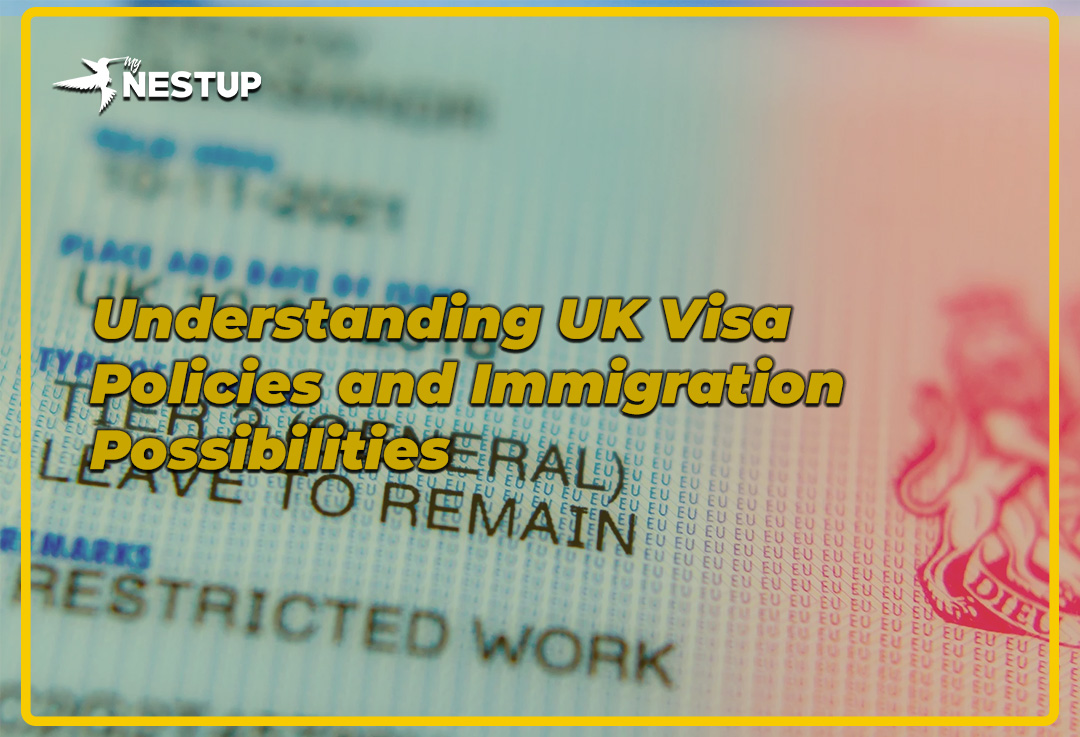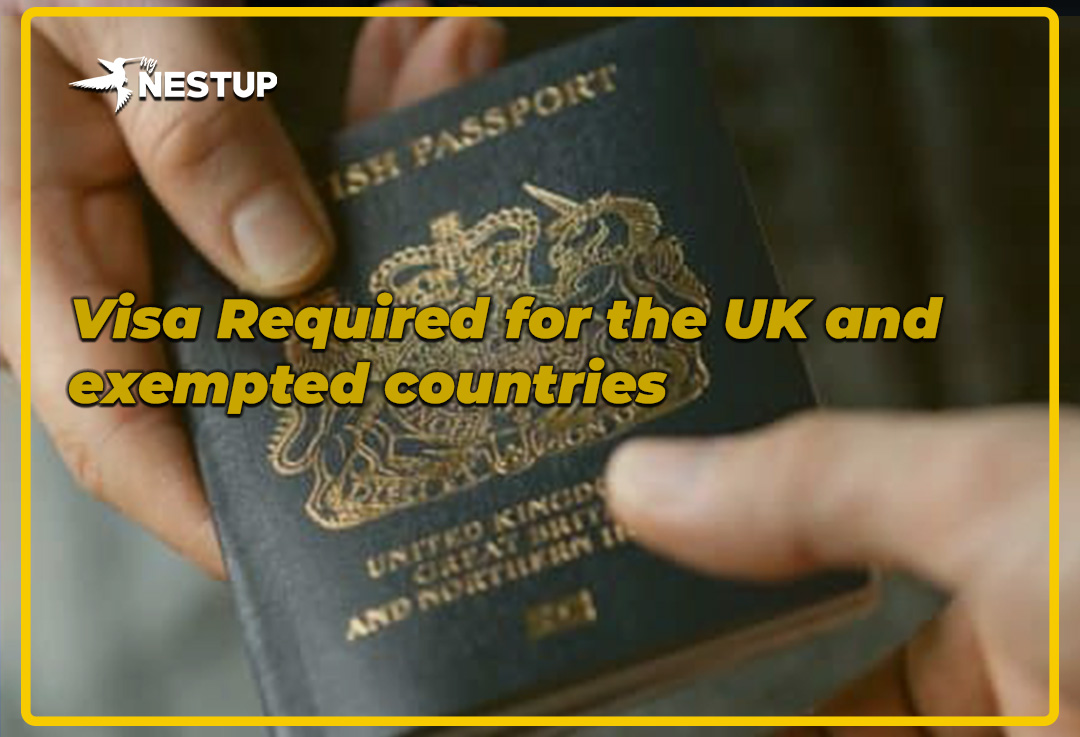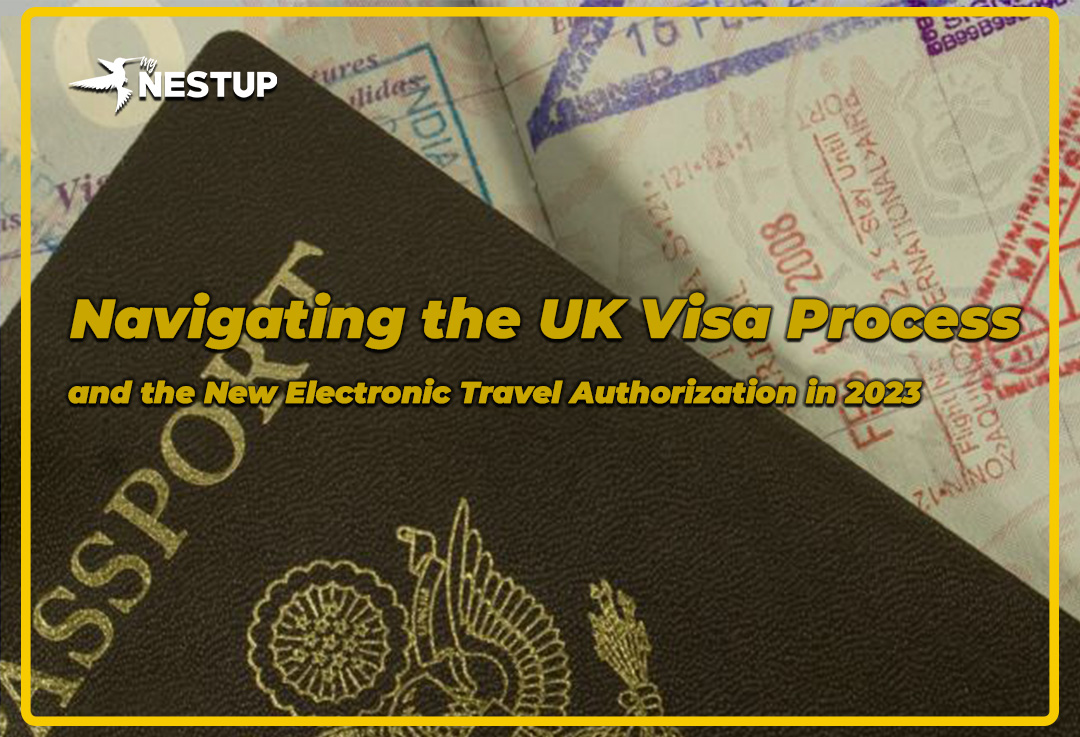The United Kingdom, comprising England, Scotland, Wales, and Northern Ireland, is a popular destination for tourists, students, professionals, and families. To ensure orderly entry and stay, the UK has established a comprehensive visa policy that outlines various types of visas, exemptions, and upcoming changes. In this article, we will explore the basics of UK visa policies and the possibilities for immigration to the UK.
Types of Visas: The UK offers a range of visas catering to different purposes of travel, such as tourism, work, study, and family visits. Some prominent visa types include:
- Standard Visitor Visa: This versatile visa covers tourism, business visits, and medical treatment. It replaces several older visa categories, simplifying the application process.
- Work Visas: Designed for professionals seeking employment in the UK, work visas vary based on skill levels and job roles. There are visas for skilled workers, entrepreneurs, and investors.
- Student Visas: For individuals who wish to study in the UK, student visas are available for different education levels and courses.
- Family Visas: These visas allow individuals to visit family members or join family already living in the UK.
Visa Exemptions: Citizens of about 90 countries are exempt from obtaining a visa for short stays of up to 6 months. They can visit the UK for tourism, business meetings, or visiting family without prior visa approval.
Electronic Visa Waiver (EVW): For some visa-exempt countries, an Electronic Visa Waiver (EVW) is required. This electronic travel authorization permits stays of up to 180 consecutive days. It simplifies the process for travelers while ensuring regulated entry.
Upcoming Changes: Electronic Travel Authorization (ETA): The UK is introducing an Electronic Travel Authorization (ETA) system. Initially required for citizens of Qatar in November 2023, this system will be extended to citizens of other GCC countries and Jordan in February 2024, and possibly to other visa-exempt nationalities later in the same year. The ETA aims to streamline entry by enabling travelers to register their details online.
Immigration Possibilities: For those considering long-term stays or immigration to the UK, options such as work visas, student visas, and family visas provide avenues to settle and contribute to the UK’s diverse society.
Tips for Applicants:
- Stay Informed: Visa policies evolve, so it’s essential to stay updated with the latest requirements and changes.
- Plan Ahead: Applying well in advance ensures ample time for processing and reduces last-minute stress.
- Consult Official Sources: Rely on official government websites or accredited visa centers for accurate and reliable information.
Conclusion: Understanding the UK’s visa policies and immigration possibilities is crucial for anyone planning to visit or stay in the country. Whether you’re a tourist, student, professional, or family member, the UK’s visa system caters to diverse needs while ensuring responsible and controlled entry. Always remember to check the most recent guidelines before making any travel or immigration plans to the United Kingdom.
The United Kingdom, comprising England, Scotland, Wales, and Northern Ireland, is a popular destination for tourists, students, professionals, and families. To ensure orderly entry and stay, the UK has established a comprehensive visa policy that outlines various types of visas, exemptions, and upcoming changes. In this article, we will explore the basics of UK visa policies and the possibilities for immigration to the UK.
Types of Visas: The UK offers a range of visas catering to different purposes of travel, such as tourism, work, study, and family visits. Some prominent visa types include:
- Standard Visitor Visa: This versatile visa covers tourism, business visits, and medical treatment. It replaces several older visa categories, simplifying the application process.
- Work Visas: Designed for professionals seeking employment in the UK, work visas vary based on skill levels and job roles. There are visas for skilled workers, entrepreneurs, and investors.
- Student Visas: For individuals who wish to study in the UK, student visas are available for different education levels and courses.
- Family Visas: These visas allow individuals to visit family members or join family already living in the UK.
Visa Exemptions: Citizens of about 90 countries are exempt from obtaining a visa for short stays of up to 6 months. They can visit the UK for tourism, business meetings, or visiting family without prior visa approval.
Electronic Visa Waiver (EVW): For some visa-exempt countries, an Electronic Visa Waiver (EVW) is required. This electronic travel authorization permits stays of up to 180 consecutive days. It simplifies the process for travelers while ensuring regulated entry.
Upcoming Changes: Electronic Travel Authorization (ETA): The UK is introducing an Electronic Travel Authorization (ETA) system. Initially required for citizens of Qatar in November 2023, this system will be extended to citizens of other GCC countries and Jordan in February 2024, and possibly to other visa-exempt nationalities later in the same year. The ETA aims to streamline entry by enabling travelers to register their details online.
Immigration Possibilities: For those considering long-term stays or immigration to the UK, options such as work visas, student visas, and family visas provide avenues to settle and contribute to the UK’s diverse society.
Tips for Applicants:
- Stay Informed: Visa policies evolve, so it’s essential to stay updated with the latest requirements and changes.
- Plan Ahead: Applying well in advance ensures ample time for processing and reduces last-minute stress.
- Consult Official Sources: Rely on official government websites or accredited visa centers for accurate and reliable information.
Understanding the UK’s visa policies and immigration possibilities is crucial for anyone planning to visit or stay in the country. Whether you’re a tourist, student, professional, or family member, the UK’s visa system caters to diverse needs while ensuring responsible and controlled entry. Always remember to check the most recent guidelines before making any travel or immigration plans to the United Kingdom.





